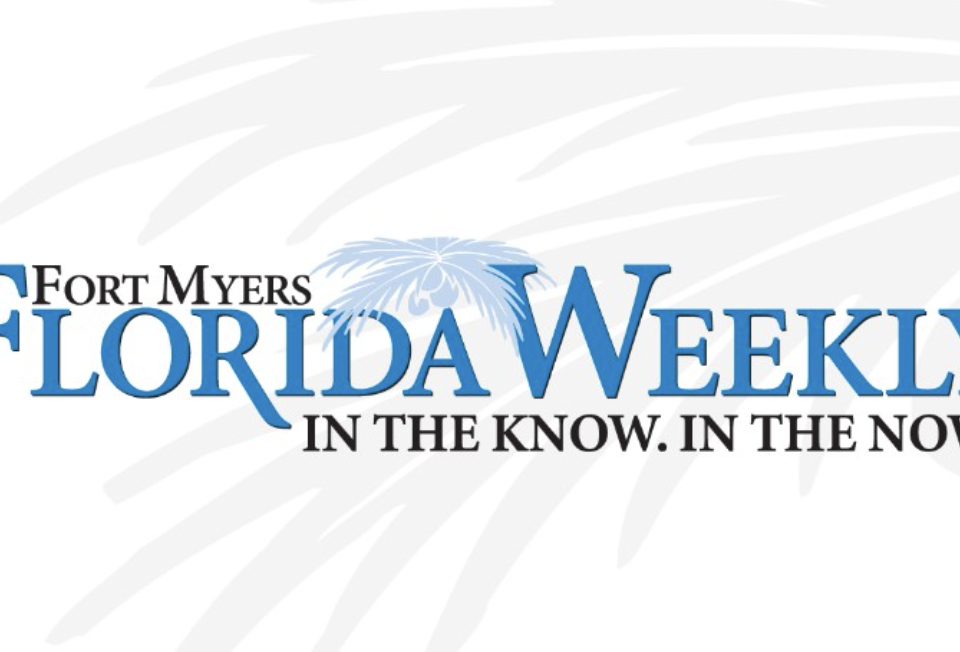Nobody — or at least nobody who deserves to be taken seriously — thinks children should see pornography. And yet that’s exactly what’s happening, and at alarming rates: Studies in the United States, as well as in France, Australia and elsewhere, show that the average age at which young people first encounter porn is 11 — and some say it’s even earlier. The question is what to do about it.
Pennsylvania should join several other states — states with both Republican and Democratic leadership — to require that internet pornography companies verify the age of those who access their content. Ultimately, the U.S. should join other nations in adopting a uniform national strategy for youth online safety.
Parents need help
The people who bear primary and final responsibility for the upbringing of children are their parents; the state can and should play only a supporting role. But in some cases involving systemic dangers to children’s well-being, such as alcohol and tobacco, the state helps parents through the teaching (and punishing) force of the law by imposing minimum ages and banning certain kinds of advertising.
These laws recognize that parents aren’t just up against the strong wills of their children, but multinational corporations who see their children as potential — and potentially very loyal and lucrative — customers. These laws are not moral judgments about the substances themselves, but about their safety and appropriateness for still-developing minds and bodies.
Studies — and the everyday experience of anyone who works with today’s teenagers — show that early exposure to pornography is associated with regressive attitudes toward gender roles; early sexual experimentation and aggression; poorer mental health; and dangerously unrealistic views of sex and sexuality. Ample evidence shows that the ubiquity of pornography is related to an unprecedented rise in sexual dysfunction among young men, who become trained to respond to the unreality of porn and struggle to respond to a real partner.
While motivated young people will circumvent any barriers the state can put up, most teens who have viewed porn said they first did so accidentally. In other words, age verification would be a sufficient barrier for the majority of would-be young porn watchers.
The other online safety
Louisiana passed the U.S. model for age verification laws in June 2022. Since then, six other states — Arkansas, Montana, Mississippi, Utah, Virginia and Texas — have passed nearly identical laws with huge majorities from both parties. Similar bills have been introduced in 16 more states.
The Louisiana law and its copycats impose the duty to verify users’ ages on the website operator, meaning would-be viewers must prove to the porn company they are eligible to watch. This generally involves uploading a government ID to a third party verification service — though in Louisiana, the LA Wallet digital ID suffices.
Tying pornography habits to a person’s government ID held by a third party naturally raises privacy concerns, which should be taken seriously.
Pennsylvania could consider an alternative procedure proposed in several states that places the onus of verification on the device manufacturer, meaning the proof of age would be stored on the person’s own device. However, this makes circumvention much easier and shifts the costs away from the companies producing the dangerous product, which is why those massive corporations prefer this arrangement over the Louisiana law: The biggest porn companies have stopped doing business in most age-verification states rather than comply.
Laboratories of democracy
Age verification for online pornography is wildly popular, drawing nearly 80% support according to the conservative American Principles Project. That’s why it has, thus far, proved unstoppable. Pennsylvania shouldn’t be left behind.
The great liberal jurist Louis Brandeis coined the phrase “laboratories of democracy” to describe the legislative leeway given to the states in the American system, and the way they test out policies before they are adopted at the national level. This is a perfect issue for experimentation: While we would prefer the stricter Louisiana model, the commonwealth might opt for other verification systems. The important thing is that the government express the clear will of the people for controls on internet pornography for children.
Ultimately, the issue of youth online safety will have to be settled at the federal level, to avoid a patchwork of regulations difficult to enforce, and to comply with. Here, France provides a possible model: The government of President Emmanuel Macron is pushing for age limits not just for porn sites, but for other social media, as well.
The proposed method involves an anonymous digital “token” provided by a trusted third party, such as a bank or utility, that proves a user’s age. The “token” would be untraceable, and so would relieve privacy concerns while still protecting children. It’s the kind of collaborative technology that is unlikely to be developed for an individual state, but could someday be a national standard.
Until then, however, Pennsylvania should join the growing number of states experimenting with age verification. We know the risks of online pornography for children. We need to do something to protect them.
PITTSBURGH POST-GAZETTE





